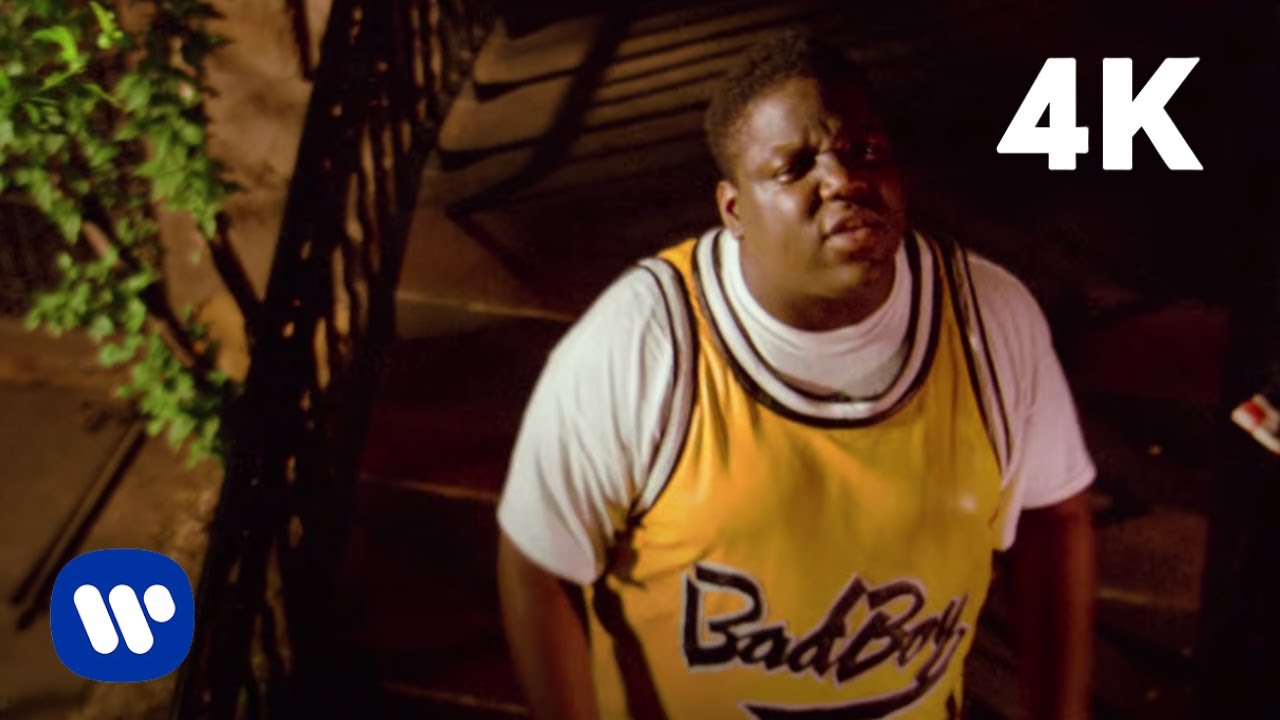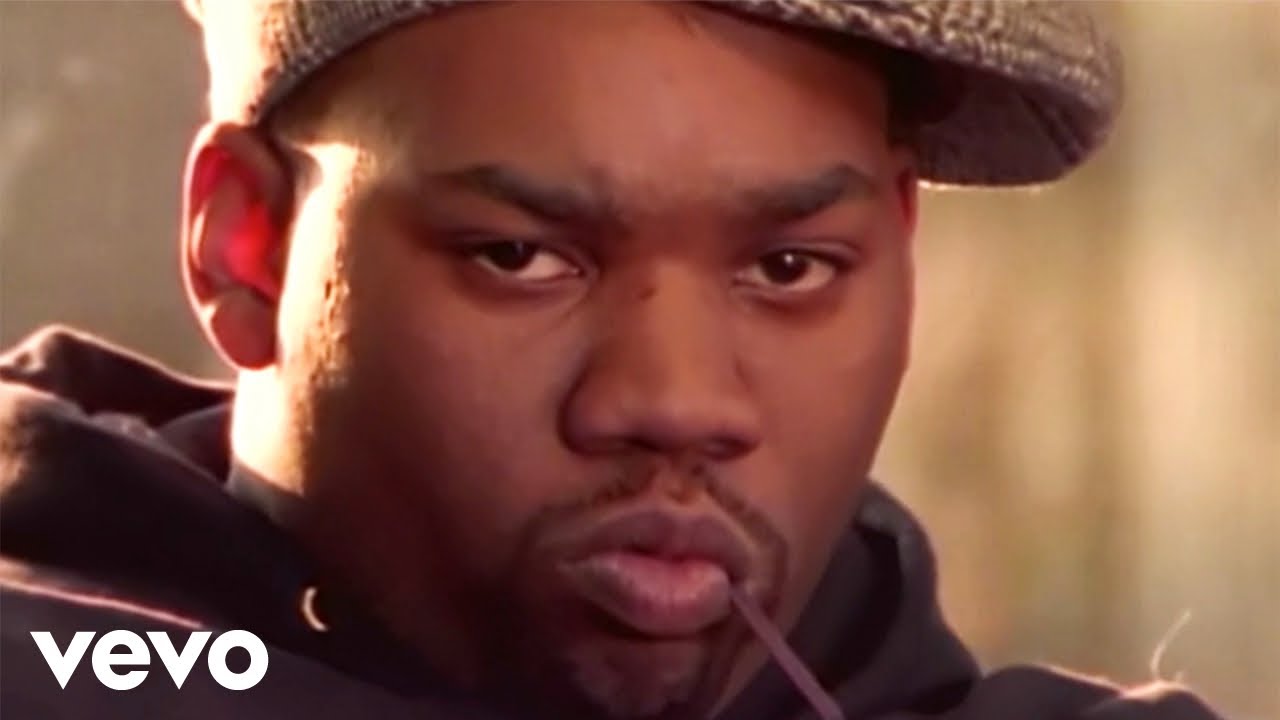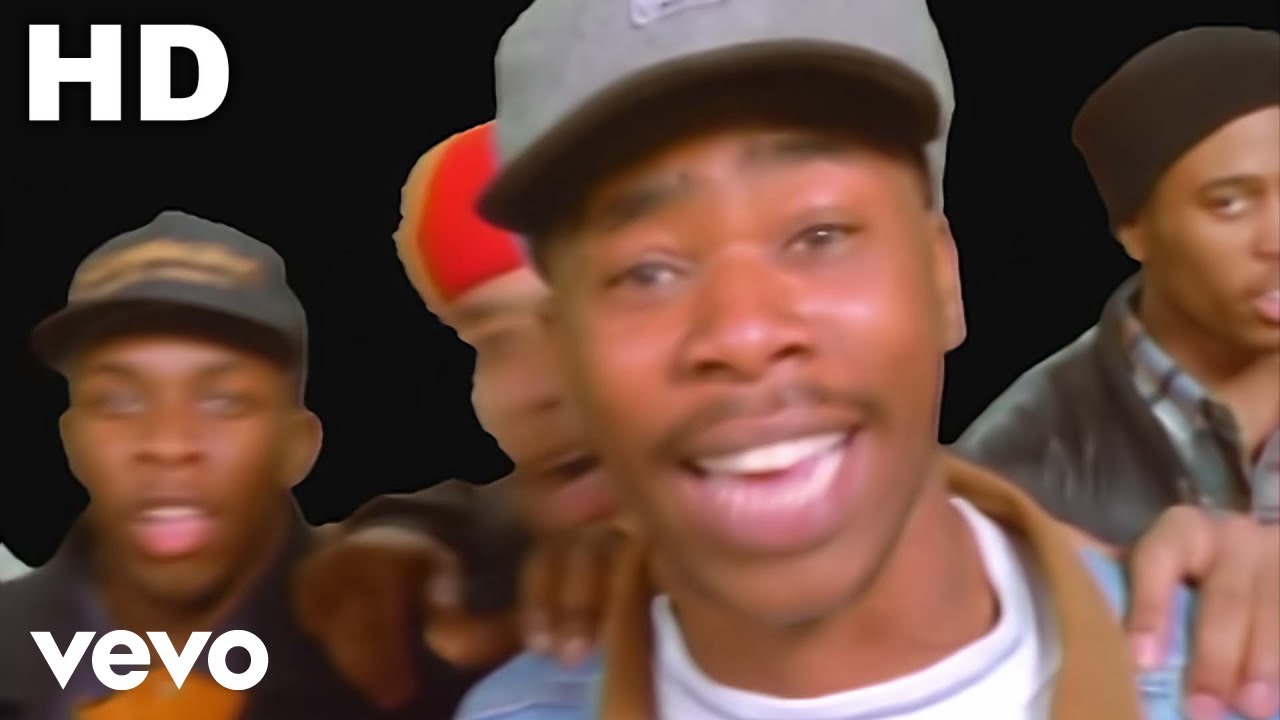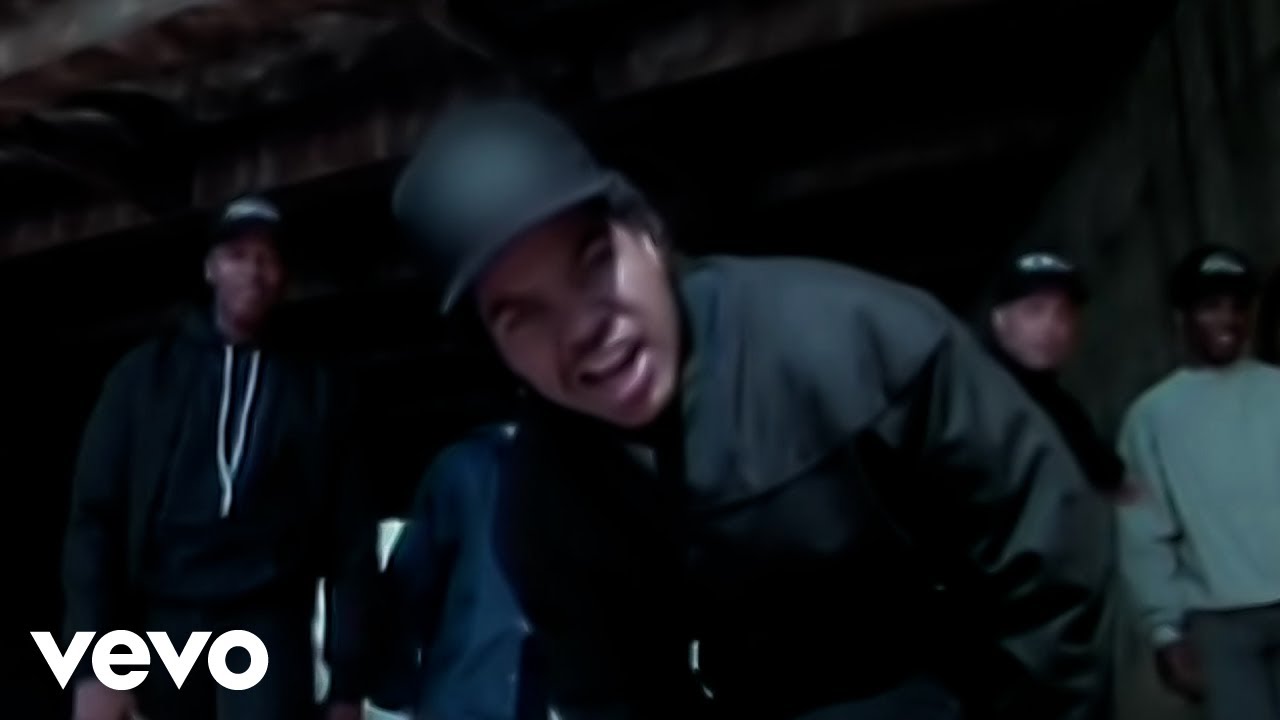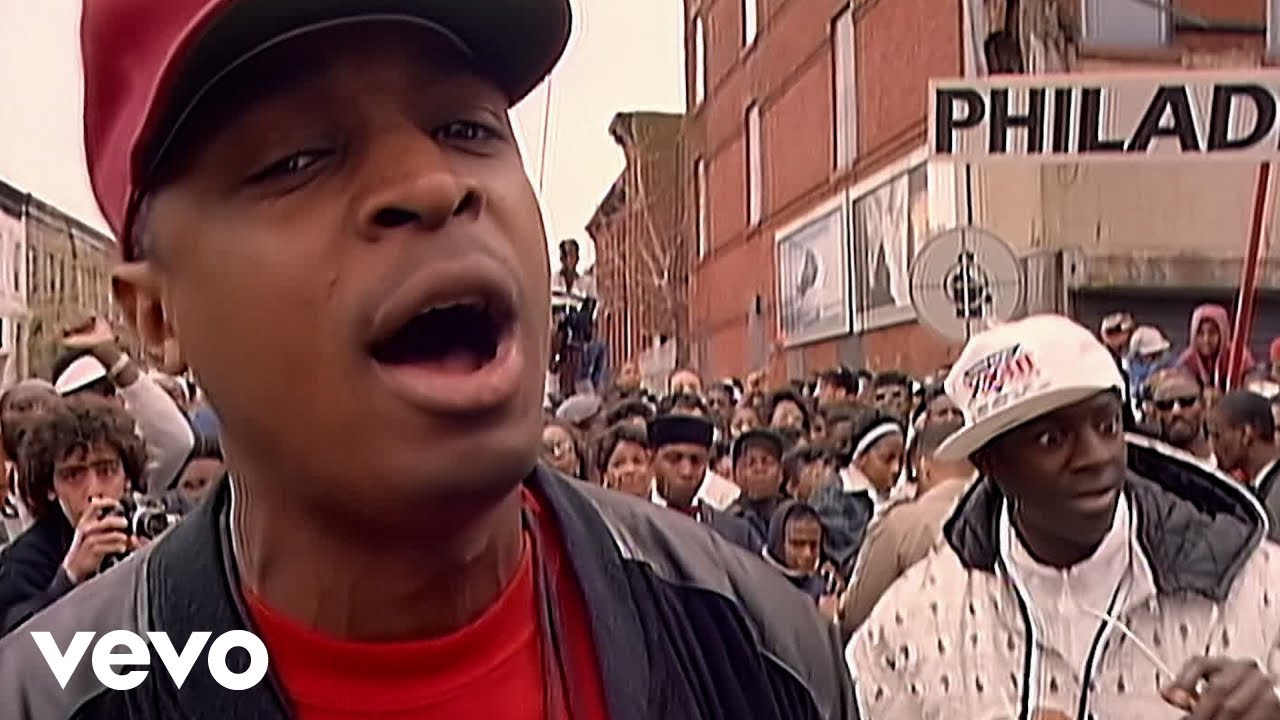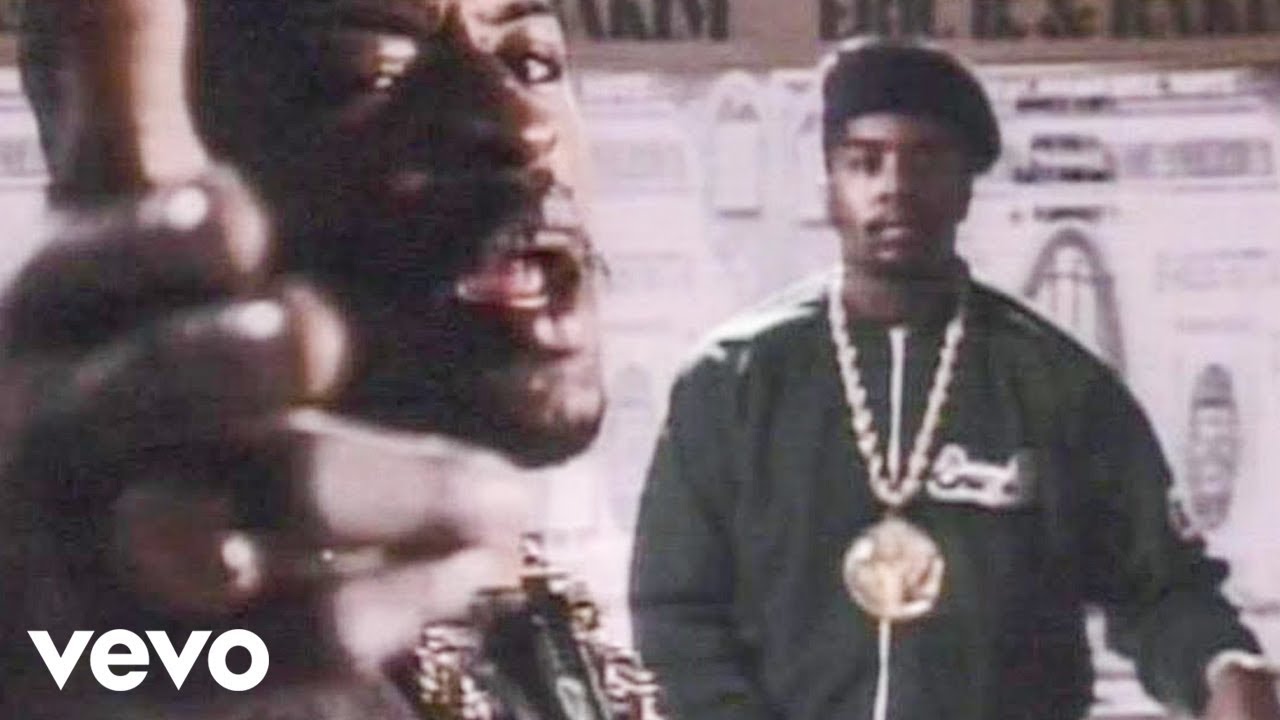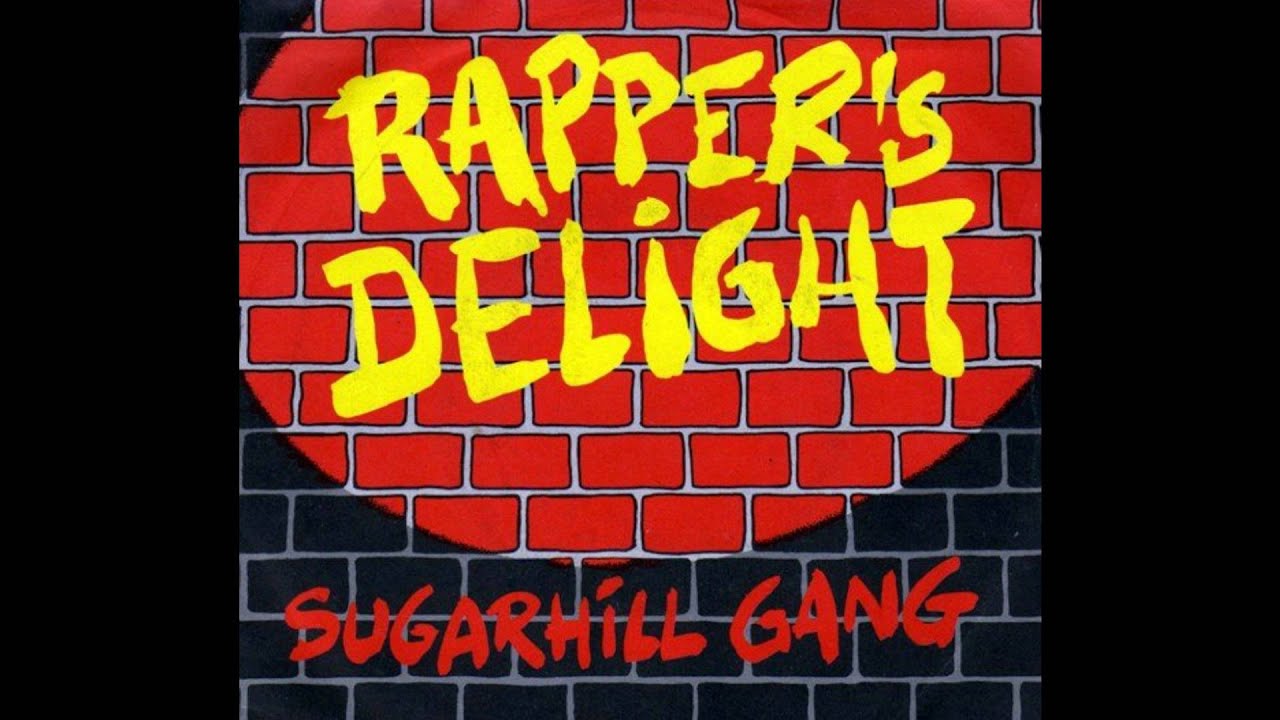When you think about the best hip hop songs of all time, you likely think of memories of iconic tracks that have shaped the genre and left an indelible mark on popular culture. Hip hop has come a long way since its inception in the late 1970s. It’s evolved into a multi-billion dollar industry and a global phenomenon. Delving into the world of hip hop, you’ll find a diverse range of artists and styles. Unquestionably, each of these artists has made vital contributions to the genre’s rich tapestry.
In this article, we’ll examine the history and evolution of hip hop music. We’ll look at everything from its roots in the streets of New York City to its current status as a global powerhouse. We’ll also explore the Golden Age of hip hop, notable artists, and their contributions to the genre. Finally, we’ll discover the top ten best hip hop songs of all time and the cultural impact of the genre.
So, get ready for a journey through the world of hip hop as we celebrate its rich history and legacy.
The Evolution of Hip Hop Music

Hip hop music has roots in the African American and Latino communities of the Bronx, New York City, in the 1970s. The genre was born out of a desire for self-expression and creativity. Similarly, many saw it as a way to address social and economic issues facing these communities. The early days of hip hop saw artists like DJ Kool Herc and Grandmaster Flash pioneer DJing and turntablism. At the same time, M.C.s like Afrika Bambaataa and Kurtis Blow laid the foundation for rap music.
Throughout the 1980s, hip hop continued to grow and evolve, with artists like Run-DMC, L.L. Cool J, and the Beastie Boys introducing new styles and sounds to the genre. This period also saw the emergence of hip hop’s first female stars. Artists such as Salt-N-Pepa and MC Lyte broke down barriers and paved the way for future generations of female M.C.s.
As the 1990s rolled around, hip hop entered what many consider to be its Golden Age. This period was marked by innovation, creativity, and a plethora of iconic artists and albums. With everything from the gritty, streetwise sounds of East Coast hip hop to the laid-back, melodic vibes of West Coast rap, the 90s was a decade that saw the genre truly come into its own.
The Golden Age of Hip Hop
The Golden Age of hip hop saw the rise of legendary artists with socially conscious lyrics and unique styles. Acts such as Public Enemy, A Tribe Called Quest, and De La Soul, helped define the era.
During this time, hip hop began to branch out and diversify. As such, new subgenres and regional scenes began to emerge across the United States. The East Coast, led by Nas, Biggie Smalls, and Wu-Tang Clan, was known for its gritty, streetwise sound. At the same time, West Coast acts like Tupac Shakur, Dr Dre, and Snoop Dogg, favoured laid-back, melodic beats and smooth vocals.
The Golden Age also saw the rise of alternative hip hop, pushing the genre’s boundaries and introducing new sounds. Accordingly, acts like OutKast, The Pharcyde, and The Roots helped redefine hip hop, paving the way for experimentation and innovation.
The Impact of Hip Hop on Popular Culture

Undeniably, Hip hop has had a massive impact on popular culture. As such, the genre has influenced everything from fashion and art to film and television. Hip hop has always been at the forefront of fashion trends, including Run-DMC’s iconic Adidas tracksuits and the oversized clothing and bling of the late 90s and early 2000s.
The genre has also had a significant impact on film and television. As a result, hip hop soundtracks and themes becoming commonplace in movies and shows across the globe. The popularity of hip hop culture has also led to the rise of a new generation of artists and influencers, many of whom have used their platforms to promote social justice and equality.
Hip Hop’s Connection to Social Issues and Activism
From its earliest days, hip hop has been closely tied to social issues and activism, with artists using their music to shed light on the struggles and injustices faced by marginalized communities. Whether it’s Public Enemy’s calls for revolution and political change or Kendrick Lamar’s exploration of race, class, and identity, hip hop has always been a powerful tool for social commentary and critique.
In recent years, hip hop has played an increasingly important role in the fight for social justice and equality. Artists like J. Cole, Chance the Rapper, and Run the Jewels use their platforms to speak out against police brutality, systemic racism, and other forms of injustice. Furthermore, as hip hop continues to evolve, its connection to social issues and activism will remain central to its identity.
Notable Hip Hop Artists and Their Contributions to the Genre
Throughout hip hop history, countless artists have left their mark on the genre and helped shape its evolution. Here, you’ll discover just a few of the many notable hip hop artists and their contributions to the genre:
Grandmaster Flash
As one of the pioneers of DJing and turntablism, Grandmaster Flash revolutionised the playing and mixing of music, laying the groundwork for the art of hip hop DJing.
Afrika Bambaataa
Often referred to as the “Godfather of Hip Hop,” Afrika Bambaataa was instrumental in developing the genre as an artist. Additionally, he is the founder of the influential Zulu Nation collective.
Public Enemy
With their politically charged lyrics and groundbreaking production, Public Enemy helped to bring social consciousness and activism to the forefront of hip hop music.
N.W.A.
As one of the pioneers of gangsta rap, N.W.A. brought the realities of life in South Central Los Angeles to the world’s attention. As a result, the group paved the way for future generations of West Coast hip hop artists.
Lauryn Hill
As a member of The Fugees and as a solo artist, Lauryn Hill broke down barriers for female M.C.s. Her work proved that women could hold their own in the male-dominated world of hip hop.
Top Ten Best Hip Hop Songs of All Time
Compiling a definitive list of the best rap songs of all time is no easy task. Unlike some newer genres, hip hop is filled with countless classics that have left their mark on the world. However, after much deliberation, here’s our list of the ten most iconic and influential hip hop songs of all time:
10. Tupac Shakur – “California Love” (1995)
Tupac’s 1995 classic became an instant hit, reaching the top of the charts and winning a Grammy Award. Unquestionably, it is one of the rapper’s most iconic tracks and a definitive West Coast anthem.
The song’s catchy chorus, which samples Troutman’s “Computer Love,” is instantly recognisable and has become a cultural touchstone. The lyrics celebrate the California lifestyle with references to palm trees, sunshine, and beautiful women. At the same time, Tupac and Dre’s verses are full of bravado and swagger, showcasing their rapping skills and their love for their home state.
Hitting the airwaves when West Coast hip hop dominated the charts, “California Love” arrived at the perfect time to confirm Tupac’s status within the genre. The song’s music video was also a massive success, featuring a post-apocalyptic California landscape and a giant robot version of Tupac.
Despite Tupac’s untimely death in 1996, “California Love” remains a hugely influential song in hip hop history. Numerous artists have covered and sampled the track, and it’s impossible to overstate its impact on West Coast culture. The song remains a staple at parties and events, a testament to its enduring popularity and timeless appeal.
9. Dr. Dre feat. Snoop Dogg – “Nuthin’ But a G Thang” (1992)
“Nuthin’ But a G Thang” is a classic hip hop song released in 1992 by Dr. Dre featuring Snoop Dogg. The song was the lead single from Dre’s debut solo album, “The Chronic,” becoming an instant hit and reaching number two on the U.S. Billboard Hot 100 chart.
The song’s laid-back beat and smooth flow perfectly complement the lyrics, celebrating West Coast hip hop culture. Snoop Dogg’s effortless delivery and Dre’s production make “Nuthin’ But a G Thang” an iconic track that still resonates today.
The song’s success helped launch the careers of both Dre and Snoop, solidifying their status as two of the most influential figures in hip hop history. “Nuthin’ But a G Thang” also played a significant role in popularising the West Coast sound. As a result, it paved the way for the rise of gangsta rap in the early 1990s.
8. The Notorious B.I.G. – “Juicy”(1994)
“Juicy” is an autobiographical account of Biggie’s rise to fame, from his early days as a struggling rapper in Brooklyn to his eventual success as one of the biggest names in the industry.
The track features a sample from Mtume’s “Juicy Fruit” and a catchy chorus that has become iconic in hip hop culture. Biggie’s smooth flow and clever lyrics make the song an instant classic, and it remains one of his most beloved tracks.
“Juicy” is a celebration of Biggie’s success and reflects on the struggles and hardships he faced growing up in poverty. The song speaks to the dreams and aspirations of young people everywhere, encouraging them to pursue their passions and never give up on their goals.
The impact of “Juicy” on the hip hop community was massive. There have been countless covers and remixes, and its influence exists in the work of dozens of artists who have followed in Biggie’s footsteps.
7. Wu-Tang Clan – “C.R.E.A.M.” (1993)
Wu-Tang Clan’s 1993 classic, “C.R.E.A.M.” (“Cash Rules Everything Around Me,”) features lyrics that speak to the harsh realities of growing up in poverty and the struggle to make ends meet.
The song features powerful verses from Wu-Tang members Raekwon and Inspectah Deck, with a memorable chorus from Method Man. The beat, produced by R.Z.A., samples the opening piano riff from the Charmels’ “As Long as I’ve Got You,” giving the track a soulful and melancholy feel.
“C.R.E.A.M.” quickly became a hit, reaching the top 10 on the Billboard Hot Rap Singles chart and solidifying the Wu-Tang Clan’s place in the hip hop canon. The song’s message of the importance of money in a world where poverty is pervasive resonated with listeners, and its catchy chorus and memorable lyrics have made it a staple of hip hop playlists for decades.
Beyond its musical impact, “C.R.E.A.M.” also helped establish the Wu-Tang Clan’s identity as a group unafraid to speak truth to power and address social issues in their music. The song remains a powerful reminder of how poverty and financial struggle can shape the lives of individuals and communities.
6. A Tribe Called Quest – “Scenario” (1991)
“Scenario” is a classic hip hop song by the American group A Tribe Called Quest, released in 1991 as part of their album “The Low End Theory”. The song features a memorable guest verse from rapper Busta Rhymes, who was then a Leaders of the New School member.
The song’s beat, produced by Q-Tip, is built around a sample from jazz musician Ronnie Foster’s “Mystic Brew”. Meanwhile, the lyrics revolve around the rappers’ skills and ability to dominate the mic, with each group member delivering a verse that showcases their unique style.
Busta Rhymes’ verse stands out for its energy and flow, as he raps about his prowess and ability to “flip the script like Robocop”. The song’s chorus, which features the repeated line “Here we go, yo, here we go, yo, so what’s the scenario?” has become an iconic part of hip hop culture.
“Scenario” has been praised for its innovative production, clever wordplay, and memorable performances. It has been sampled and referenced in numerous other songs, genuinely impacting hip hop culture.
5. N.W.A – “Straight Outta Compton” (1988)
Written by Ice Cube and MC Ren, “Straight Outta Compton” was a scathing commentary on the state of the inner city, particularly Compton, California, where the group hailed from. The song’s lyrics depict the harsh realities of life in the ghetto, including police brutality, gang violence, and poverty. The song’s message was powerful and resonated with many young people who were living in similar circumstances.
The song was a cultural phenomenon that sparked controversy and debate about freedom of speech, censorship, and the role of art in society. Censors criticised the song’s lyrics for their explicit language and violent imagery. However, N.W.A defended their right to express themselves and tell their story.
“Straight Outta Compton” also marked a turning point in the history of rap music. It was one of the first songs to popularise the gangsta rap genre, which would dominate the charts in the 1990s. The song’s success paved the way for other rap artists to tell their own stories and shed light on the issues facing their communities.
4. Public Enemy – “Fight the Power” (1989)
“Fight the Power” is a revolutionary song by American hip hop group Public Enemy, released in 1989. The song was written for Spike Lee’s film “Do the Right Thing” and became an anthem for the African American community, particularly during the civil rights movement.
The song’s lyrics address the institutional racism and oppression African Americans face in the United States. It calls for resistance against the system, urging listeners to fight for their rights and demand change. Furthermore, the song’s chorus became a rallying cry for marginalised communities.
“Fight the Power” was controversial upon its release due to its aggressive lyrics and message. However, it also met critical acclaim and became one of Public Enemy’s most popular songs. The song’s impact was felt beyond the music industry, inspiring a generation of activists and artists to speak out against injustice. Today, “Fight the Power” remains a timeless and powerful song that continues to inspire and empower those fighting for justice and equality. Furthermore, Public Enemy’s spirit of rebellion has spread beyond the genre. Seminal rock acts such as Rage Against the Machine, Nine Inch Nails, and Nirvana all citing Public Enemy as an influence. As a result, the song can be considered one of the most influential and best hip hop songs of all time.
3. Eric B. & Rakim – “Paid in Full” (1987)
“Paid in Full”, the classic hip hop track by Eric B. & Rakim, is widely regarded as one of the most influential songs in the genre’s history and remains a beloved staple in the hip hop community.
The song features Rakim’s signature smooth and intricate flow over Eric B.’s minimalist yet funky beat. Additionally, the lyrics tell a story of Rakim’s rise to success in the music industry and the rewards of hard work and dedication.
Without doubt, one of the most iconic elements of “Paid in Full” is its use of samples, including a looped sample of James Brown’s “Funky Drummer” and a vocal sample from “Ashley’s Roachclip” by funk group The Soul Searchers. These samples were later widely used in other tracks, establishing sampling as a critical component of the genre.
“Paid in Full” also features some of Rakim’s most memorable lines. Among the highlights is the track’s famous opener: “Thinkin’ of a master plan / ‘Cause ain’t nothin’ but sweat inside my hand.” The song’s catchy chorus, “Paid in full / Rakim, the microphone soloist,” has become a hip hop anthem in its own right.
2. Grandmaster Flash and the Furious Five – “The Message” (1982)
Grandmaster Flash and the Furious Five’s “The Message” is a seminal hip hop track tackling poverty, crime, and social inequality. The 1982 song was a departure from the party anthems that dominated the genre then. Instead, it was a gritty and realistic portrayal of life in the inner city.
Melle Mel, a member of the Furious Five, wrote the song’s lyrics. He drew on his experiences growing up in the South Bronx to paint a vivid picture of ghetto life. The song’s opening lines set the tone: “It’s like a jungle sometimes / It makes me wonder how I keep from going under.”
Grandmaster Flash’s production on the track was equally groundbreaking, using innovative techniques like cutting and scratching. In doing so, he managed to create a raw and futuristic sound.
“The Message” was a commercial success, reaching number four on the Billboard R&B chart and 62 on the Hot 100. More importantly, it paved the way for a new generation of socially conscious hip hop artists. The song’s impact is evident in the work of artists like Public Enemy, N.W.A., and Kendrick Lamar.
1. The Sugarhill Gang – “Rapper’s Delight” (1979)
The Sugarhill Gang, an American hip hop group, revolutionised the music industry with their groundbreaking single “Rapper’s Delight” in 1979. The song was the first commercially successful hip hop track, paving the way for the genre’s upcoming explosive growth.
“Rapper’s Delight” was an instant hit, reaching the Top 40 charts in several countries and selling millions of copies worldwide. The song’s catchy beat, clever lyrics, and infectious energy captured the attention of music enthusiasts and casual listeners. Despite the track’s length, its popularity never waned, and it remains a classic example of early hip hop.
The song was significant in introducing rap to mainstream audiences and breaking down barriers for future hip hop artists. Before its release, rap was primarily an underground movement confined to block parties and street corners in urban areas. However, the song’s widespread success demonstrated hip hop’s commercial viability. This prompted record labels to invest in the emerging genre, sparking the unstoppable rise of hip hop. Because of it’s undeniable influence, many consider “Rapper’s Delight” to be the single best hip hop song of all time.
The Future of Hip Hop Music
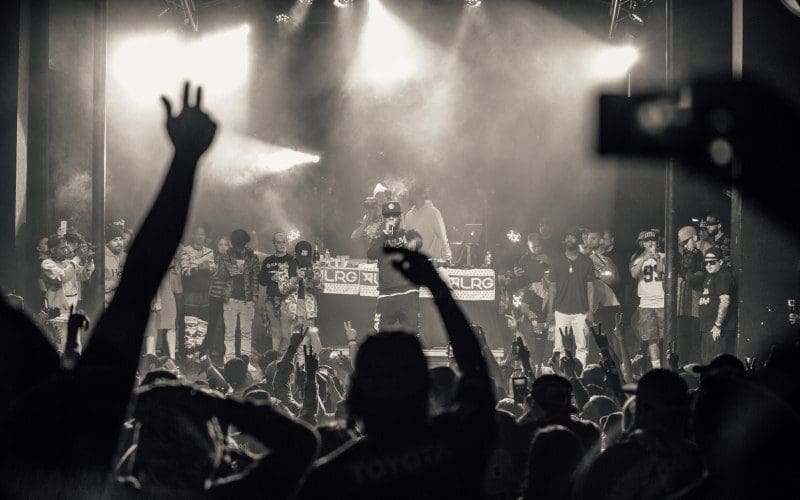
As hip hop enters its fifth decade, its future looks bright, with new artists and styles constantly emerging. From Afrofuturist sounds to introspective lyricism, hip hop pushes the boundaries of what music can be.
At the same time, hip hop’s connection to social issues and activism remains as strong as ever. Artists continue to use their music to speak out against injustice and promote positive change. Undoubtedly, as the genre continues to evolve and grow, it will remain a vital force in popular culture and a powerful tool for social commentary and critique.
Closing Thoughts on the Best Hip Hop Songs of All Time
From the streets of the Bronx to its status as a global phenomenon, hip hop has come a long way. At the same time, it’s inspired countless artists, broken down barriers, and helped to redefine what music can be.
While we celebrate the best hip hop songs of all time and explore the genre’s rich history and legacy, take a moment to reflect on the impact that hip hop has had on popular culture and society as a whole. From social commentary to activism, hip hop has always been more than just music, and its influence will continue for generations.
So, whether you’re a lifelong fan or a newcomer to the genre, take some time to appreciate the power and beauty of hip hop music and all that it represents.



